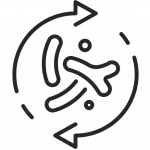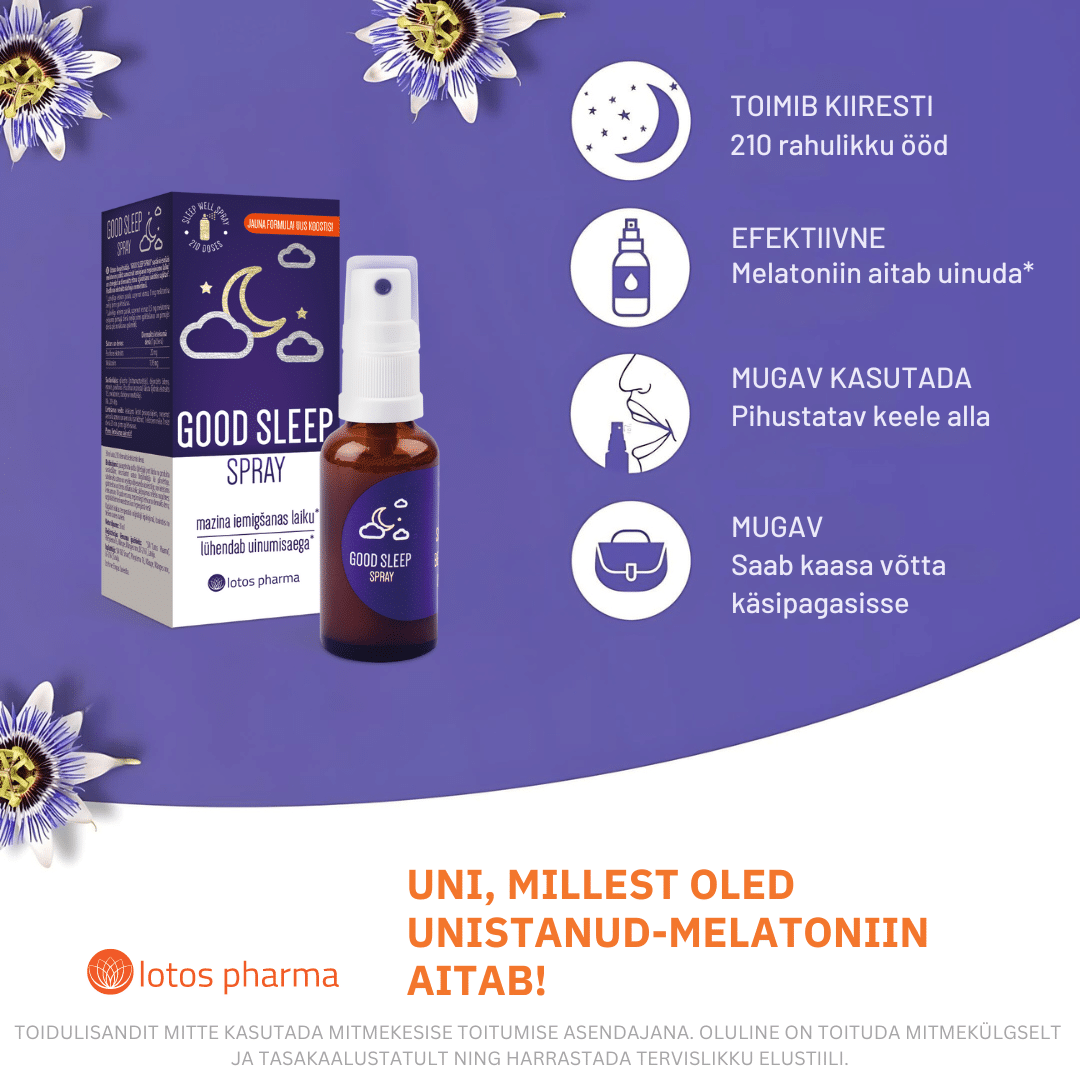5 tunnust, et teil on unepuudus
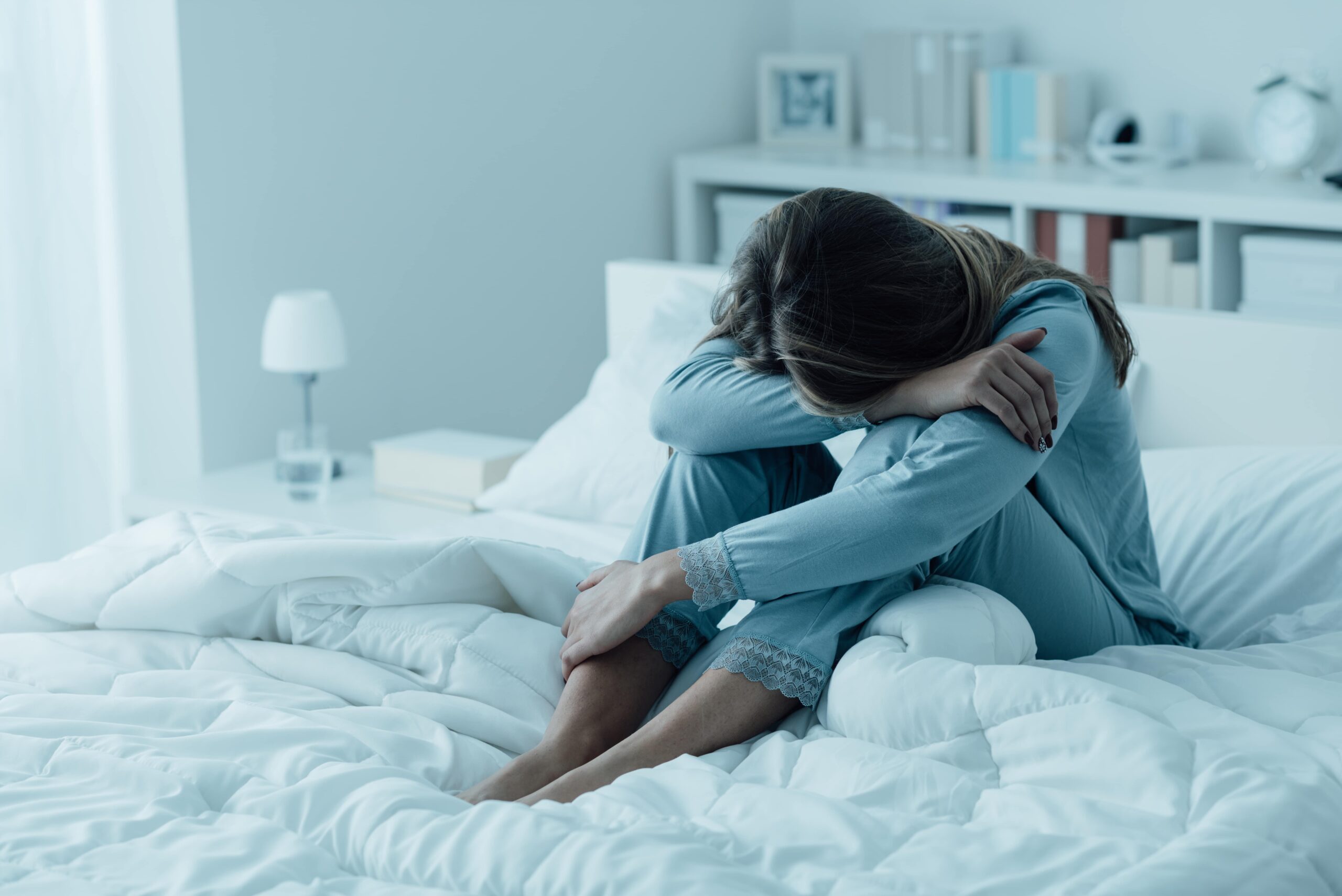
Me kõik teame, kui hea tunne on pärast korralikku ööund ja kui halb on olla unepuuduses. Kahjuks kipuvad paljud inimesed ohverdama väärtuslikke unetunde, et rohkem tööd teha, veeta rohkem aega sotsiaalvõrgustikes või vaadata huvitavat filmi, mõtlemata isegi, et see on kahjulik nende tervisele ja elukvaliteedile. Siin on 5 märki, et te ei maga piisavalt hästi!
1. Ärkate ilma magamata
Une ajal inimene taastub ja laadib end energiaga, seega kui te hommikul ärkate, peaksite end tundma erksana ja energiat täis ning väsimus peaks tekkima alles õhtul. Kui te ärkate hommikul uimasena ja ainus, mida mõtlete, on tagasi voodisse minna või juua võimalikult kiiresti mitu tassi kohvi, et päevaks valmis olla, on see märk, et te pole piisavalt maganud. Sellisel juhul ei kao väsimus päeva jooksul kuhugi, nii et lohutate end, et lähete õhtul õigel ajal magama, kuid… Õhtu venib ja hommikul ärkate jälle väsinuna ja uneta. Kui see juhtub ainult paar korda aastas, pole põhjust muretseda, kuid kui hommikune väsimus on teile juba pikka aega tuttav, peaksite otsima viise, kuidas oma ööund parandada ja korralikult magada.
2. Söögiisu ja isud ebatervislike suupistete järele suurenevad
Unetus võib olla ka põhjus, miks võtate kaalust juurde, ise sellest aru saamata. Uneta inimene on pidevalt väsinud, seega otsib ta viisi, kuidas end “laadida”, ja lihtsaim viis selleks on süüa kõrge kalorsusega toite, nagu maiustused või kiirtoit. Uuringud on näidanud, et une ja söömisharjumuste uurimisel on teadlased avastanud mitmeid seaduspärasusi, näiteks une puudumise tõttu langeb hormooni leptiin tase (see vastutab täiskõhutunde eest), samal ajal kui hormooni greliin tase tõuseb (see suurendab söögiisu ja annab märku näljast). Tulemuseks on, et nälg vaevab pidevalt ja täiskõhutunne kaob. Unepuudus suurendab ka stressi taset kehas, mis omakorda suurendab hormooni kortisooli tõusu. Kortisool tõstab veres glükoositaset, seega muudab piisava une puudumine keha vähem tundlikuks insuliini suhtes, mis muudab toidu energiaks. Aja jooksul viib see rasva kogunemiseni kehas ja kaalutõusuni.
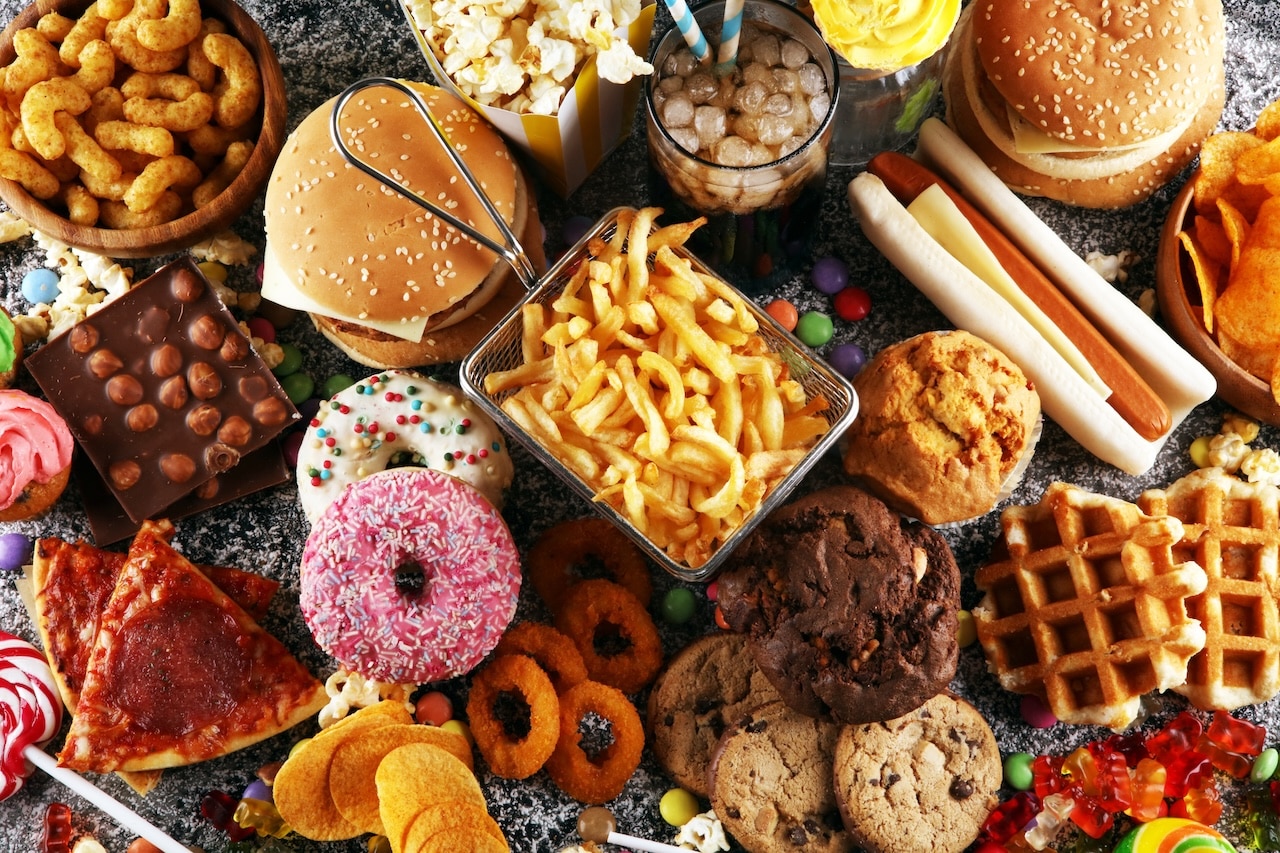
3. Ei und ega rahu
Unetusest annavad märku mitte ainult füüsiline väsimus, vaid ka emotsionaalne kurnatus, järsud meeleolumuutused ja kergesti ärrituvus ning isegi agressiivsus. Sageli käivad inimesed joogatundides, õppides hingamisharjutusi, et muutuda tasakaalukamaks ja rahulikumaks, kuid ei mõtle sellele, et tegelikult peaksid nad ainult oma unerežiimi parandama ja hästi magama. Uneta inimene kipub tegema ka spontaanseid, ekslikke otsuseid, mida ta hiljem kahetseb. Samuti kaotab ta valvsuse, muutub hajameelseks ja tema reaktsioonid vähenevad, seega on ohtlik sellises seisundis autot juhtida.
4. Libido langeb
Unetus viib keha ja meele pidevasse ellujäämisrežiimi, põhjustades teiste looduslike instinktide, sealhulgas libiido vähenemist. Uneta inimene on väsinud, seega ei tunne ta iha ega erutust, pealegi ei tundu energiat täis ja lõbutseda sooviv partner atraktiivne, vaid vastupidi – ajab teid hulluks, sest te ei ole temaga samal lainel.
5. Mälu häired
Mälu halvenemine ja unustamine on üks sagedasemaid unepuuduse märke, sest une ajal töötab aju, et meelde jätta, mida on päeva jooksul õpitud või õpitud. Kui und ei ole piisavalt, on aju mäluprotsess häiritud, seega mälu halveneb. Pole juhus, et enne olulisi eksameid või esitlusi on traditsioon panna õpik või märkmik padja alla, et öösel kõik meelde jätta.
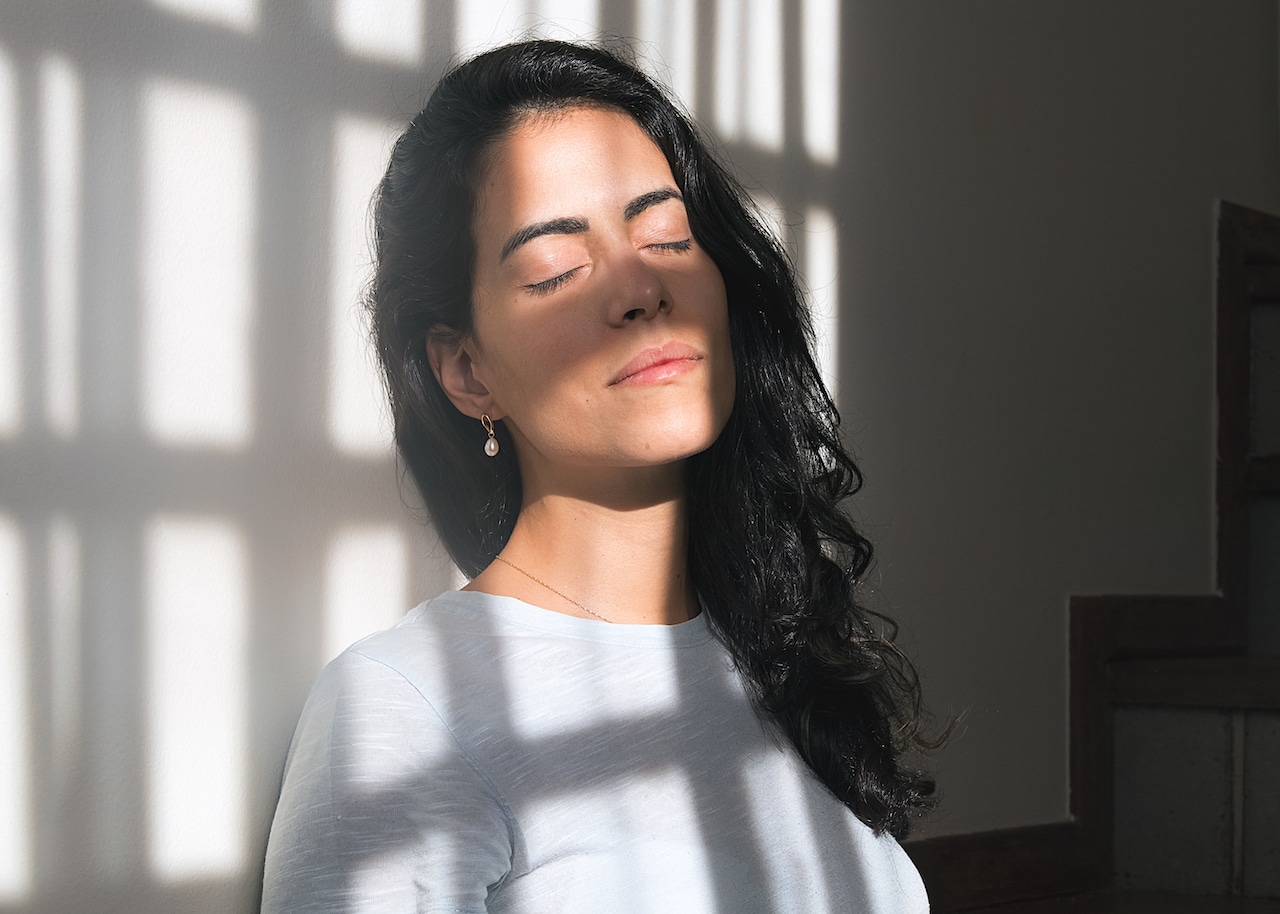
Mida siis teha?
On lihtne öelda – peate rohkem magama, kuid palju raskem on seda teha. On väga oluline kehtestada magamaminekuriituaalid, mis valmistavad teid uneks ette ja järgida neid hoolikalt, sest need aitavad teil kiiremini uinuda, magada magusamalt ja ärgata värske ja energilisena.
– Üks tund enne magamaminekut tuleks televiisor välja lülitada ja tahvelarvuti ja telefon kõrvale panna. Nende ekraanide poolt eralduv sinine valgus on teadaolevalt unustamist pärssiv ja une kvaliteeti halvendav. Võite ka märgata häirivat teavet, mis segab teie und.
– Parim on magada pimedas ja jahedas ruumis, seega tuleks hoolitseda kardinate eest, mis ei lase valgusel läbi paista, või kanda une maski. Enne magamaminekut tuleks magamistuba korralikult tuulutada, et ruumis oleks värske õhk.
– Kui te ei suuda õhtul uinuda erinevate mõtete tõttu homsete tööde kohta, peaksite kasutusele võtma harjumuse planeerida päeva lõpus, mida homme teha. Siis on selgelt teada, mida tuleb teha, ja ajus ei valitse kaos ja ärevus.
– Magamaminekusse tuleks suhtuda sama tõsiselt kui igasse muusse kohustusse – kui plaanite minna magama kell kümme ja ärgata kell seitse, siis peaksite magama kell kümme, mitte lihtsalt voodis lebama koos televiisori puldiga käes.
– Une kvaliteedi parandamiseks võite kasutada toidulisandeid, näiteks “Good Sleep Spray” või “Good Sleep Caps“.
– On hea lugeda enne magamaminekut raamatut, sest see aitab rahuneda ja mõtted stressirohkest argipäevast eemale juhtida.
Good Sleep Spray on esimene sublingvaalne uneabi, mille melatoniinisisaldus aitab lühendada uinumiseks vajalikku aega¹ ja leevendada ööpäevase rütmi häirest tingitud tundeid², samal ajal kui kannatuslille taim omab rahustavat toimet ja aitab säilitada vaimset lõõgastust ja tervislikku und.
Melatoniin, mis toob hea une
¹ Kasulik toime saavutatakse, kui võtta vähemalt 1 mg melatoniini vahetult enne magamaminekut.
² Kasulik toime saavutatakse, kui võtta vähemalt 0,5 mg melatoniini reisi esimesel päeval vahetult enne magamaminekut ning esimestel päevadel pärast sihtkohta jõudmist.





